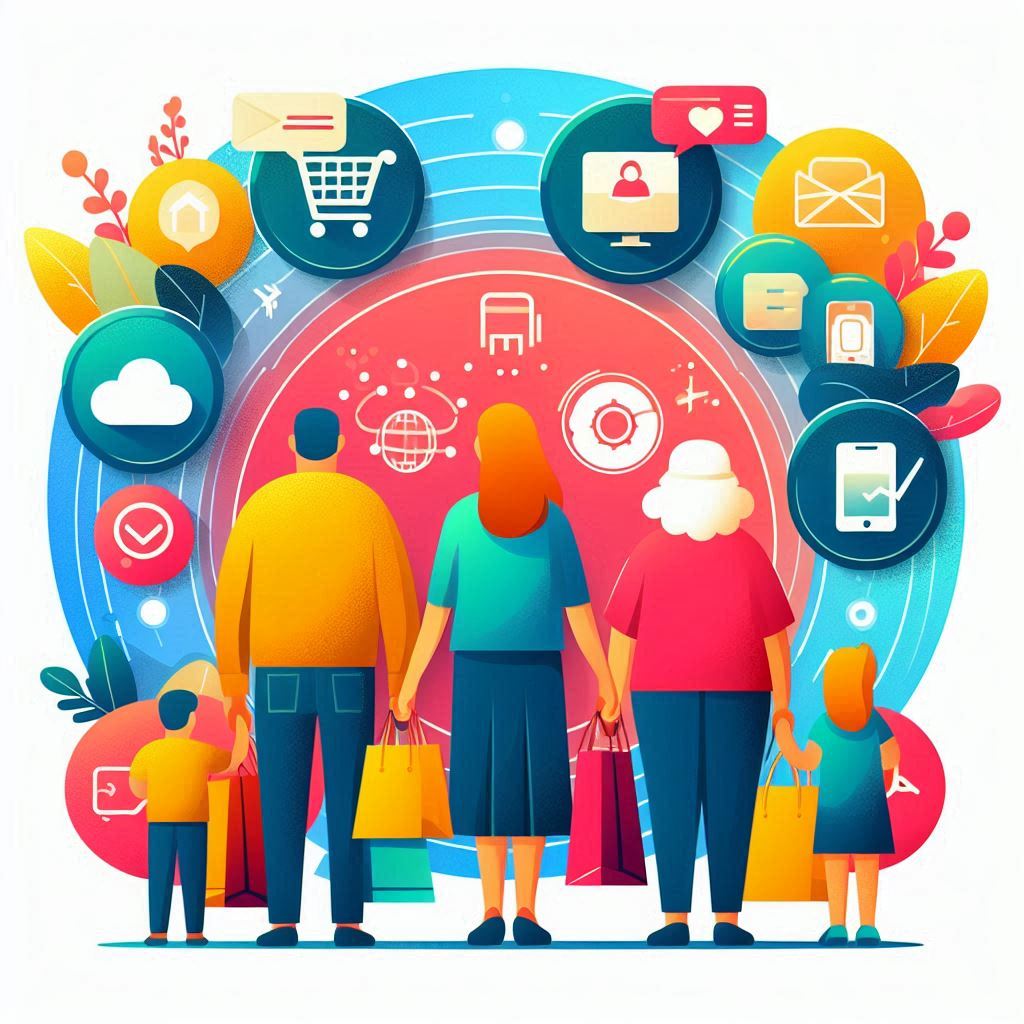
Why are we still talking about Personalization?
Organisations prioritize it, but only some have mastered it. It remains the number one objective for brands and retailers. Why? Because consumers are demanding it—or so they say.
COVID-19 and technological advancements have disrupted the marketplace and changed how consumers shop. The rise in DTC brands, discounter brands, and more transparent pricing has made differentiation and the ability to stand out even more challenging. Many brands and retailers have struggled to keep up with the changing trends and sadly fallen by the wayside. The demand for a consistent, personalized in-store and online experience has increased, and brands must respond by utilizing the data consumers share to create a unique and tailored experience.
76% of consumers said they get frustrated when brands do not deliver personalized interactions, but there is a fine line between personalized and invasive. When interactions feel too personal, customers disengage, feeling unsafe and concerned about the security of their data. This underlines the importance of responsible data usage, as only 40% of consumers trust brands to handle and keep their data secure.
However, a study by Razorfish found that consumers’ data privacy concerns don’t reflect their actions. Eddie Gonzalez, Chief Strategy Officer of Performance & Experience, said, “Though consumers are wary of data-sharing, they’re still expecting authentic and personalized content that shows their favourite brands care about, and listen to, their audiences in a safe, transparent way.”
Consumers want brands to ‘Show me you that know me. Treat me like an individual and offer me relevant content wherever I am on my buying journey. I’ll share my data if you can ease my pain points and make my life easier.’ It’s a fair transaction.
The rise of AI and machine learning makes personalization easier and more effective, but brands must tread carefully and learn from the customer to determine how best to use it. 60% of consumers expressed concern about how organisations apply and use AI today, but that may be due to the complexities of the technology and how little we still understand it.
Personalization does not happen overnight, but getting it right will increase customer loyalty, differentiation, and a competitor advantage and deliver healthier margins.
